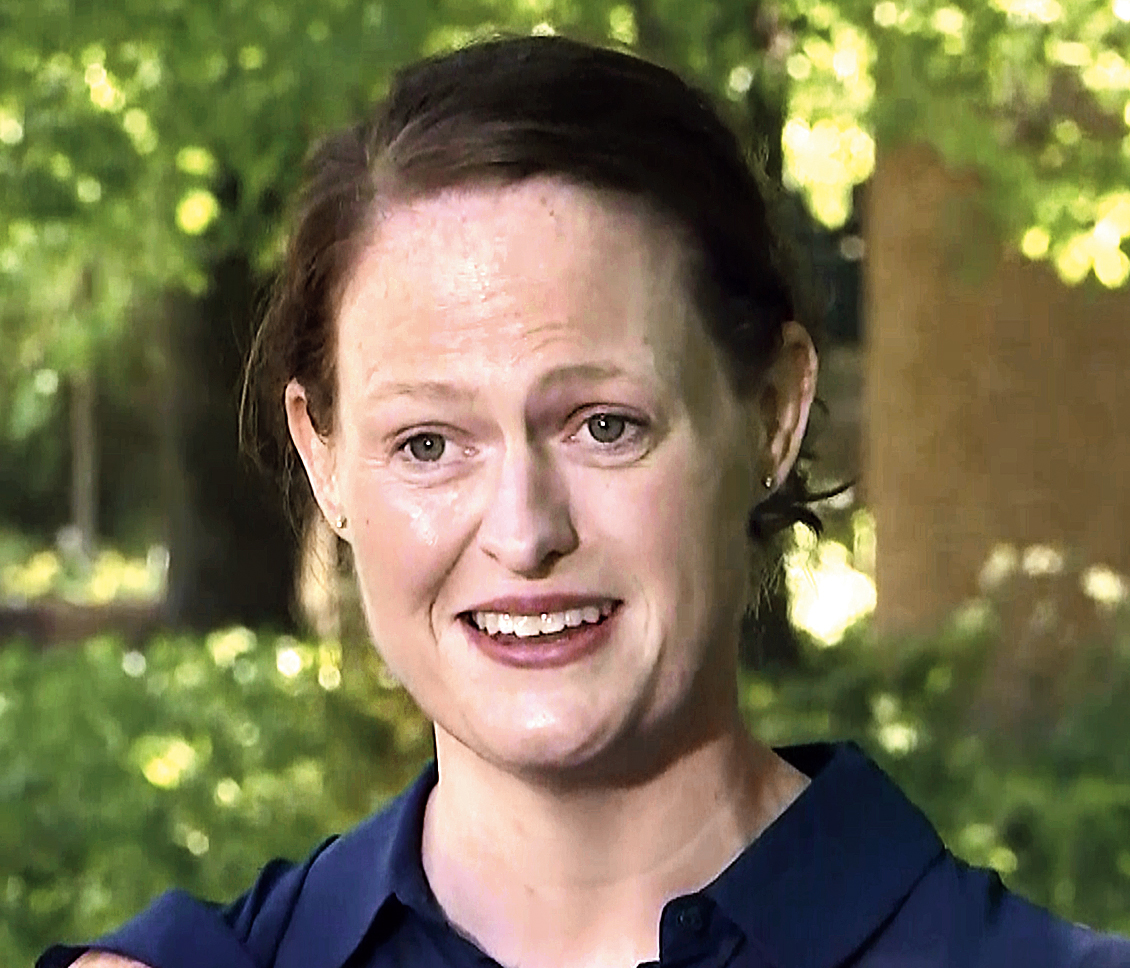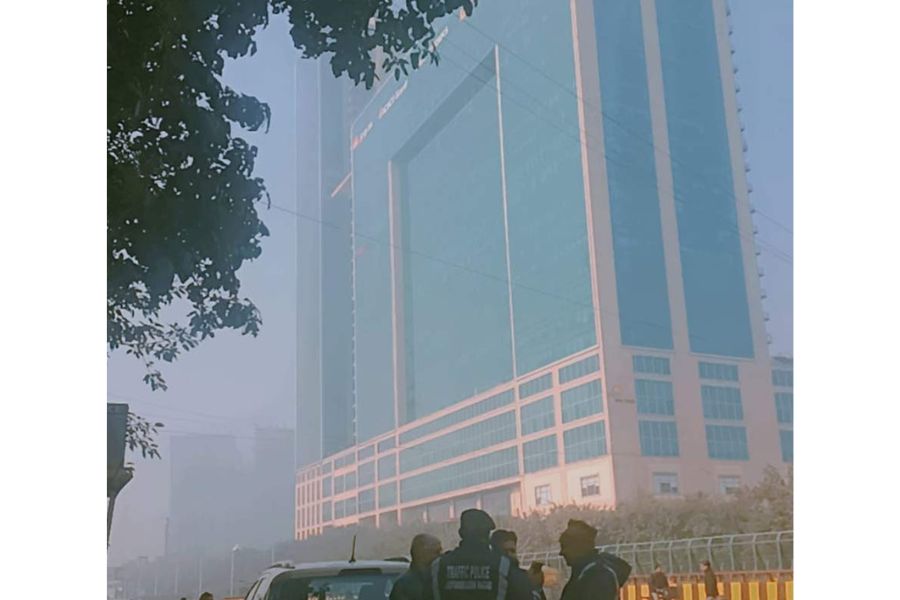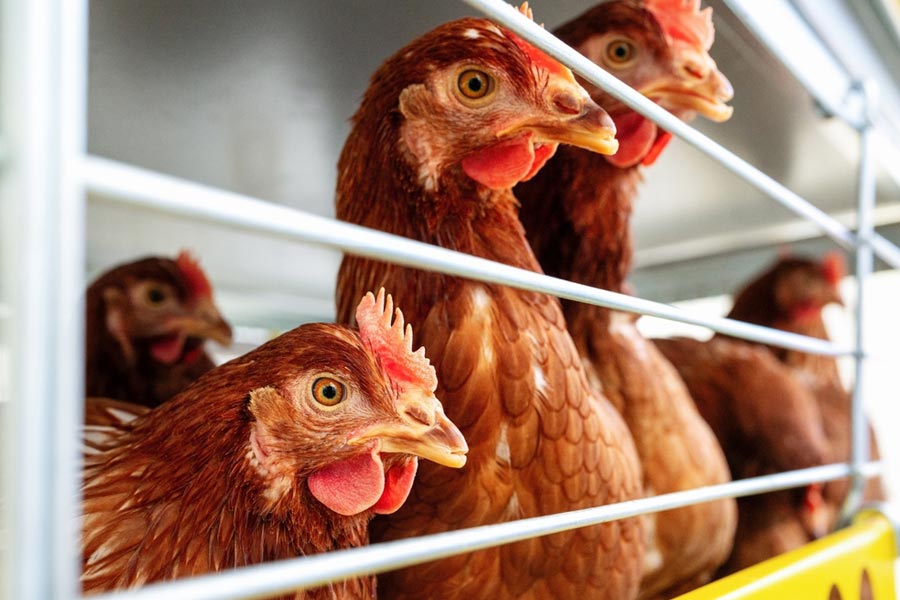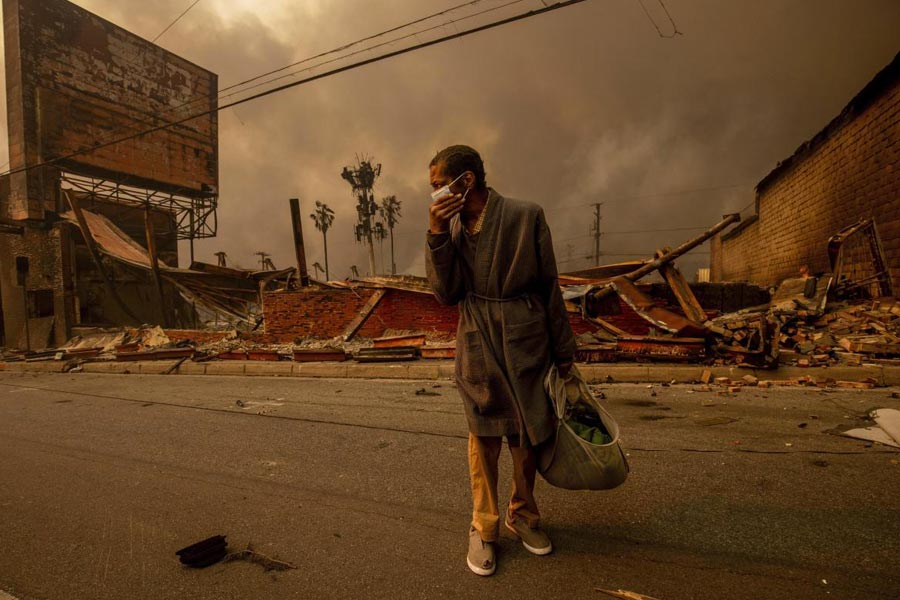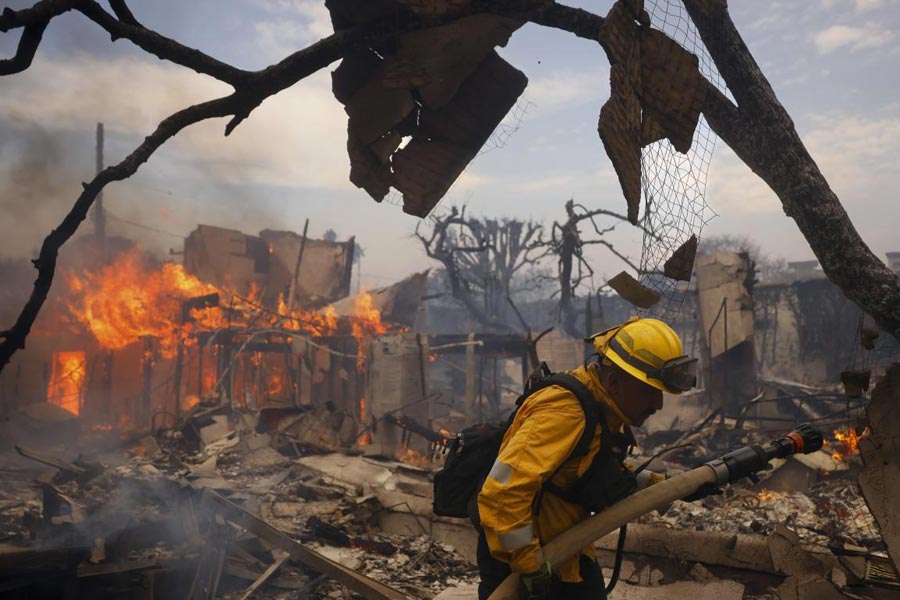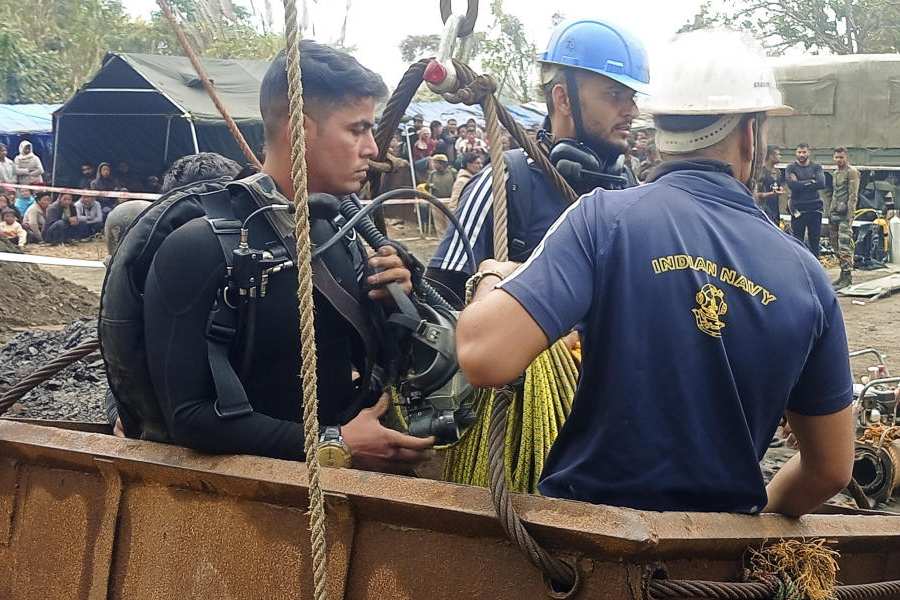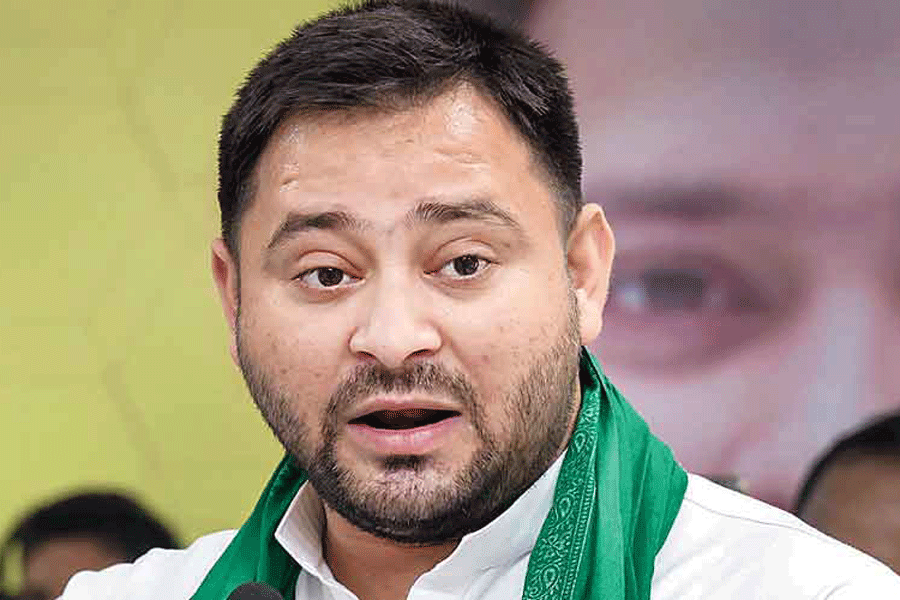Boris Johnson was “treated like any other patient” when he was admitted for coronavirus in the intensive care unit at St Thomas’ Hospital in London earlier this month, it has been revealed by two of the nurses who looked after the Prime Minister.
Critical care nurses Luis Pitarma, 29, from west London but originally from Aveiro in Portugal, and Jenny McGee, 35, from New Zealand, were thanked by the Prime Minister for standing “by my bedside for 48 hours when things could have gone either way”.
Both nurses can rest assured that they will be treated to tea and cakes at 10 Downing Street — possibly a glass of bubbly even — when Boris is back. He is currently recuperating at Chequers, his country residence.
McGhee told TVNZ in New Zealand: “He was just another patient we were trying to do our best for. It was business as usual.”
She said that the media attention was the “toughest thing” to deal with.
“When I got in the car after work each night and I could hear things about Boris Johnson on the news that was very surreal. I thought, ‘Wow, I’ve just been looking after him,’ but I really wasn’t fazed by looking after Boris Johnson’.
“These patients who come in to us, it’s a very scary thing for us so we don’t take it lightly. He absolutely needed to be there.”
Pitarma, who has also been lauded by the Portuguese President Marcelo Rebelo de Sousa joked: “Apparently I’m a celebrity in Portugal now.”
The nurse, who has worked at St Thomas’ for four years, recalled on Wednesday: “I was changing into scrubs before my night shift when the matron called me over and told me the Prime Minister was about to come to ICU. I had been chosen to look after him because they were confident I would cope with the situation well.
“I felt nervous at first — he was the Prime Minister. The responsibility I was going to hold in my hands was quite overwhelming. I didn’t really know how to address him —should I call him Boris, Johnson or Prime Minister? My matron reassured me and said to be myself like I am with any other patient.
“I asked how he would like to be addressed and he said to call him ‘Boris’. That made me feel less nervous because he took away any formality. He just wanted to be looked after like anyone else.
“Knowing that I was watching over the Prime Minister felt quite strange because I’ve never looked after someone high profile before.
“But he was also a patient like any other patient, a life like any other life.
It was a big responsibility and I gave it the same respect as I would with any other patient.”
Pitarma added: “I was by his side for the three nights he was in ICU. We had some conversations, including about where I was from. I told him how I’d dreamed about working at St Thomas’ since my first day of training in Portugal in 2009, when I learned about Florence Nightingale and her connection to the hospital.
“He said it was amazing that I wanted to work here for so long and was glad I was there when he needed our care. It was a pleasure to look after him.”
“I could tell that he was very thankful and happy to receive messages of support from the outside world, provided by his team. They gave him the strength to fight. He thanked me for saving his life. I felt extremely proud for someone like him to recognise the quality of the job I’d done.”
I was very happy with his words, they were very kind.
“I hope I can meet him again one day when he is fully recovered.”

